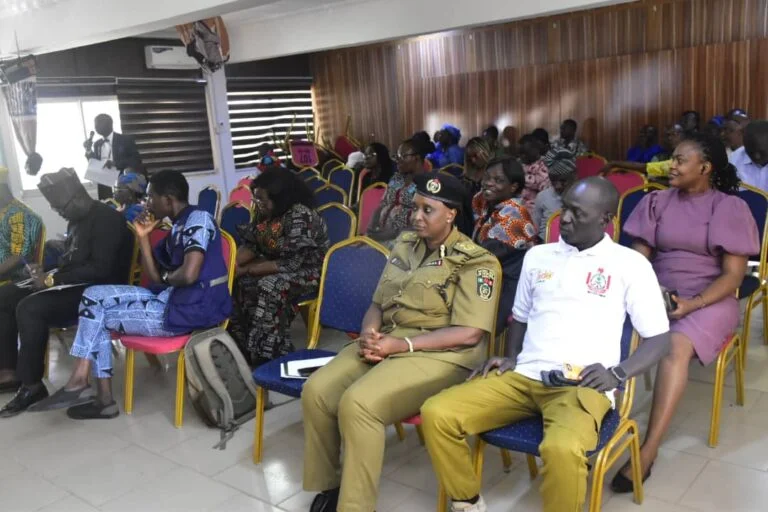A neuropsychiatric expert, Dr Sunday Sajo, has revealed that more than 70 per cent of Nigerians living with mental health challenges have no access to medical treatment.
Sajo, who is the Chief Medical Director (CMD) of the Neuropsychiatric Hospital, Akure, stated this during the 2025 World Mental Health Day celebration held on Friday in Akure.
The event, themed “Access to Services: Mental Health in Catastrophes and Emergencies,” was organised by the Ondo State Ministry of Health in collaboration with the state’s Neuropsychiatric Hospital.
He expressed concern that stakeholders and authorities have continued to give inadequate attention to mental health compared to physical health.
Sajo added that many Nigerians lacked awareness about their mental health status, making advocacy and education crucial.
According to him, the rise in terrorism, kidnapping, and other violent crimes has worsened the incidence of mental health disorders across the country.
He observed that while victims of such incidents often receive material support such as food and relief items, their mental health needs are largely neglected.
The CMD stressed that mental health was a fundamental right for every Nigerian and urged citizens to advocate for better access to mental healthcare.
Also speaking, the Permanent Secretary of the Ondo State Ministry of Health, Dr Adeniran Ikuomola, said that everyone was affected in some way by mental health challenges.
Ikuomola, represented by the Director of Public Health, Dr Stephen Fagbemi, commended the Neuropsychiatric Hospital, Akure, for its continued efforts in addressing mental health issues in the state.
He lamented that mental health had long been neglected, with few partners supporting government efforts, but lauded the State Contributory Health Insurance Commission for extending coverage to mental health treatment.
The permanent secretary emphasised that emergency responses should always include mental health interventions.
He cautioned Nigerians against posting pictures of victims of emergencies online, warning that such actions could cause emotional trauma for affected families.
“We should learn how to protect the identities of families involved in emergencies so that people will not suffer emotional challenges.
Also, people with mental health challenges are most vulnerable in times of emergencies, as are frontline workers,” he said.
Similarly, the Programme Officer in the ministry, Mr Stephen Adesida, noted that there could be no overall health without mental health, urging collective efforts to ensure well-being and end discrimination against persons with mental health conditions.
In her remarks, Mrs Yetunde Jeyfous, Deputy Commandant of the National Drug Law Enforcement Agency (NDLEA) in the state, encouraged individuals to prioritise their mental health and seek help when needed.
She also called for open conversations about mental health and stronger community support for people battling drug addiction.
Other partners, including APIN Public Health Initiative, Soladeff Epilepsy Foundation, and the Slum and Rural Health Initiative, also urged government and society to give greater attention to mental health issues.
(NAN)


